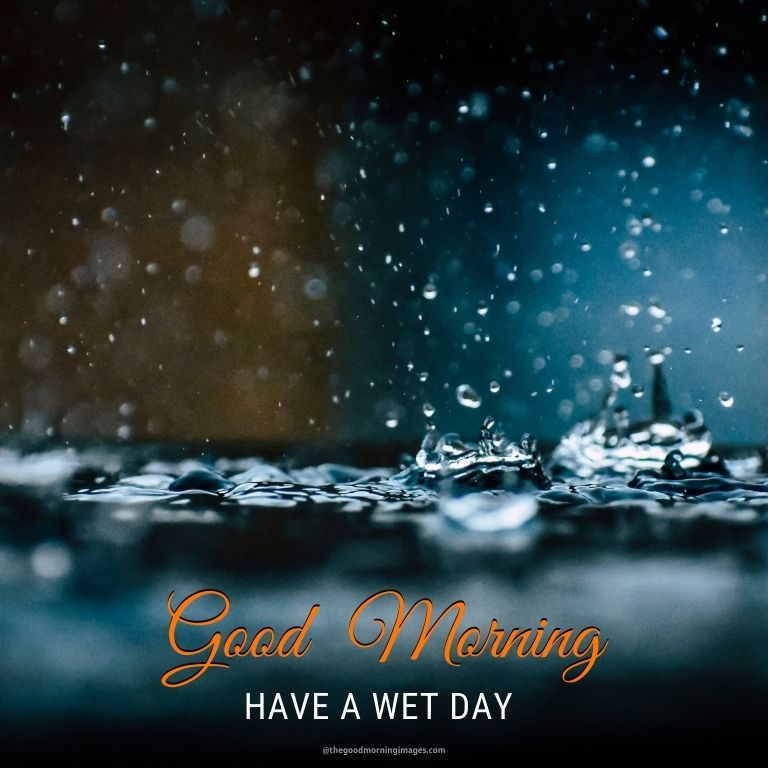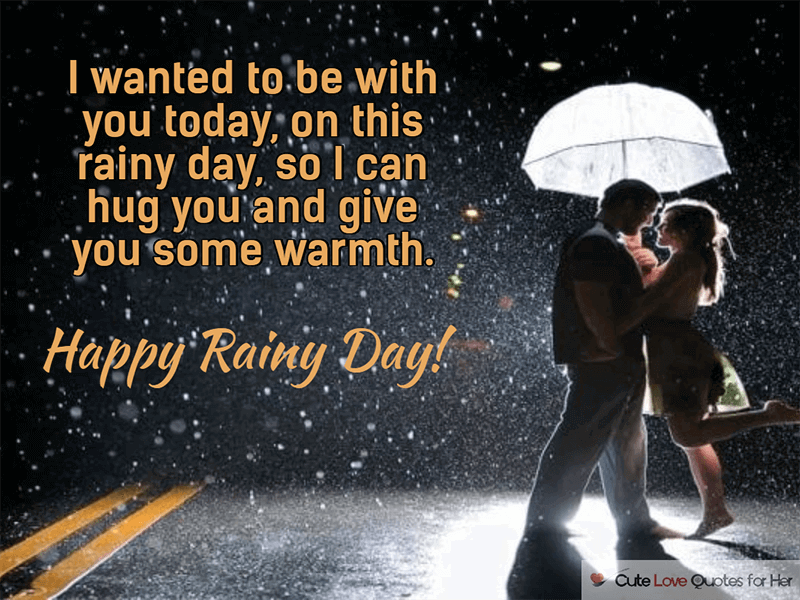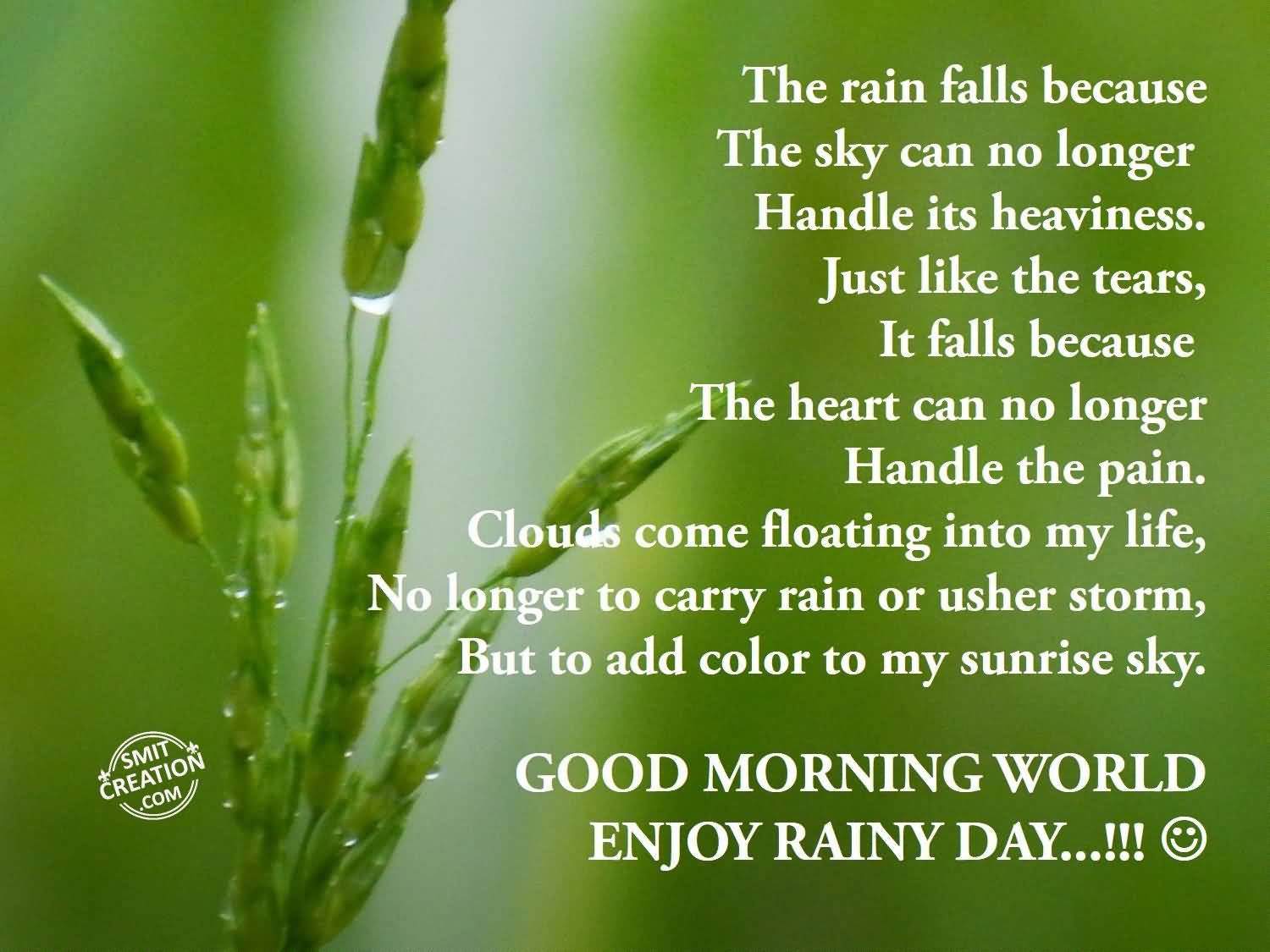

I know my opinion isn't a terribly popular one, but I stand by it. And though rain gets a bad rap in general, I'm not the only one who can't get enough of the mist and gloom in fact, there's actually a name for people who love rain - pluviophiles. I guess you could say I'm the Elsa of rainfall not only has the rain never bothered me anyway, I actually happen to love rainy days. This entry was posted in Uncategorized on Octoby Patrick James Mcgovern.Most people are displeased when they check the weather and see a forecast for rain whether it's pouring down while you're schlepping to work or messing up your weekend plans with a persistent drizzle, the rain isn't the most popular type of weather. Water is something that will forever be connected to human beings in ways we can never fully understand. While weather can often get in our way, it helps us to remember the importance of shelter and take our minds off of stressful situations. At the end of the day, humans enjoy what distract them. I think we should be grateful that such a powerful force of nature is not more commonly destructive. It is something that affects your world completely when it’s happening, and when emotions of the human mind are subjected to it nothing can be predicted.

In general, rain can be connected to one’s memory, mood and behavior with its presence and reputation. In places with very consistent climates, there are people who would enjoy rainy days. But I think one standard can be highlighted: no matter where you are, you have weather. It is really hard to iron out all of these separating variables and influences. What about people who constantly live in rain? Most would probably enjoy seeing a sunny day, while some might prefer what they are used to. People all over the world are of course going to have different opinions on different kinds of weather. In my opinion, there are too many variables at play. I enjoyed this approach and its comforting but honest wording, all at once showing how weather patterns concern us more when hypothetical instead of real. Dolan himself states that “most of our anxieties come from what might be,” and “things are never as bad as you imagine them being” (Source 1). This article and Dolan relate this idea to human life in everyday settings. The differences in levels of happiness were nonexistent, revealing the previously mentioned issue of dwelling mentally on the weather. Dolan details this opinion by underlining an experiment done with subjects in California and the North West. This separation of conscience and emotion is fascinating to me, as the entire concept and role of weather is getting in our heads, and making us think what we don’t need to think. The Professor of Behavioral Science believes weather to have no true and substantial effect on mood, but when we think about the weather and its implications, we can become “miserable” (Source 1). In an article by Sarah Knapton for Telegraph UK, the work of Professor Paul Dolan from the London School of Economics is summarized and analyzed.


I wanted to go further into the reasons behind this difference and see how the mind has been discovered alongside the world’s fickle weather patterns. For some, rain is a direct association to its common theme of gloom and sadness, but a lot of people are immediately happier and can completely alter their mood for the rest of the day. Does rain outside in the morning motivate, excite, and please you all at the same time? If it does, you are a lot like me.


 0 kommentar(er)
0 kommentar(er)
